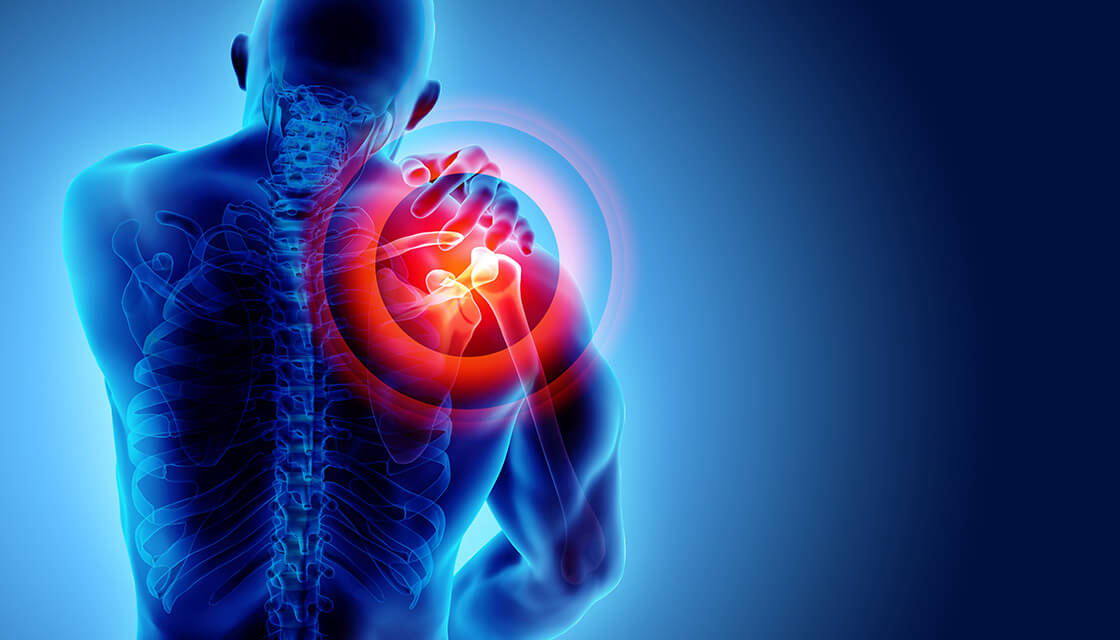When a person overuses or injures a tendon during activity, usually a sport – it can result in tendonitis (or tendinitis). Often affecting the Achilles, elbow, wrist, or thigh, tendonitis is the inflammation of the tendon in that area. Thankfully, it is not a chronic or degenerative condition and can be cured if proper treatment is practiced.
Although tendonitis can occur at any age, it’s more common in active adults. Seniors are also prone to tendonitis due to the loss of elasticity in the tendons with age. Tendons are strong, flexible, and fibrous tissues that attach muscle to bone. They are meant to withstand a lot of tension but can experience inflammation if used too much or pushed past their limit.
So, how do you know if you have tendonitis? Most noticeably, you’ll have tenderness around the tendon area. In addition to this, you might experience the following symptoms that can last for a few days up to a few months:
- Swelling, redness, or heat in the affected area
- A lump developing along the tendon
- Pain that gets worse if with movement
- The feeling of grating or crackling as the tendon moves
The central treatment goal surrounding tendonitis involves reducing inflammation and relieving pain. Rest, hot/cold treatment, over-the-counter pain relievers, and joint mobility supplements will be your main course of action when it comes to easing the discomfort and pain of tendonitis while helping your tendon heal.
Rest.
When your body is in rest, it can focus its energy on the healing process. Limit the movement of the affected area and take a break from any strenuous or intense physical activity while your tendon has time to heal.
Hot/cold treatment.
Alternating heat and cold on the injured area can help alleviate pain and reduce swelling. Apply ice for 10-15 minutes once or twice a day to the affected area (being careful not to place ice directly on the skin) and alternate by placing a warm towel on the area or taking a warm bath.
Over-the-counter medication.
Non-steroidal anti-inflammatory drugs (NSAIDS), like Ibuprofen, can reduce tendonitis pain. Motrin, Naprosyn, and Celebrex are NSAIDS as well. Always be sure to consult your doctor before starting any new medication, even if it’s over-the-counter.
Joint mobility supplements.
Supplements, such as DR-HO’s Mobility Joint Supplement, can help ease pain by giving your joints and tendons an extra boost of glucosamine sulfate and chondroitin sulfate. Glucosamine helps maintain and reinforce cartilage in our bodies, however, it’s not readily found in most foods. By taking glucosamine as a supplement, in conjunction with chondroitin sulfate (a mineral which promotes elasticity in joint cartilage), it can help aid in the overall well-being of your joints, not only to help them heal but to maintain their health in the long run as well.
Practicing the steps above is usually enough to help relieve your symptoms and help heal tendonitis over time. Be sure to take note of what caused the tendonitis in the first place so you can avoid injury in the future. If your tendonitis is due to a bigger underlying ailment such as arthritis or a thyroid condition, it may flare up more frequently and is more difficult to treat.




